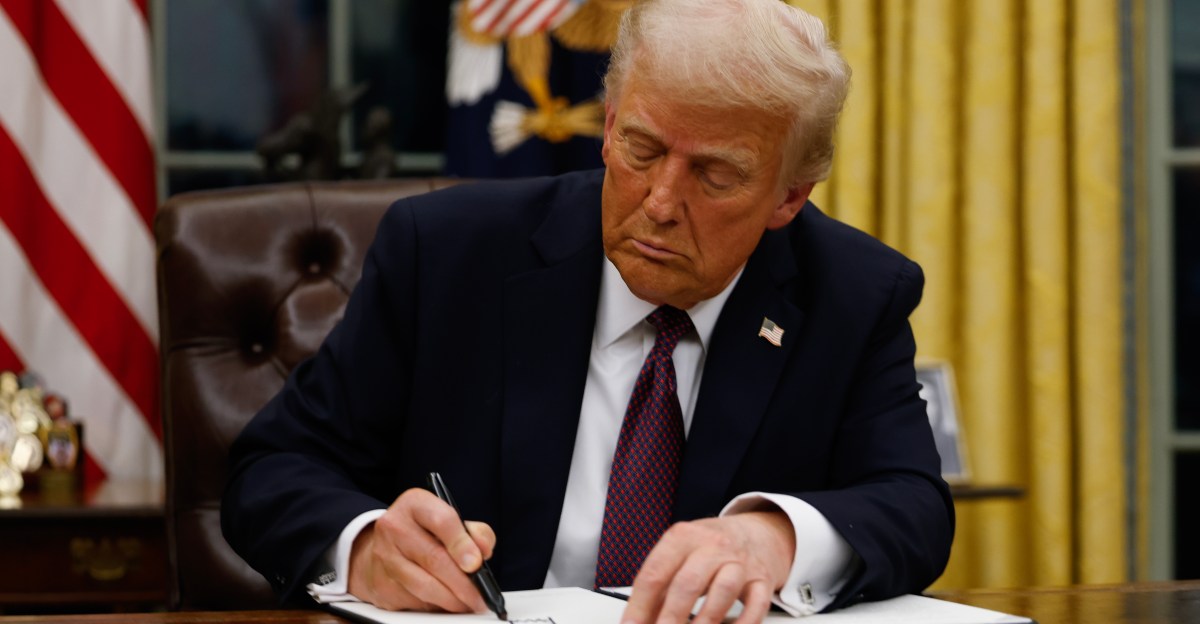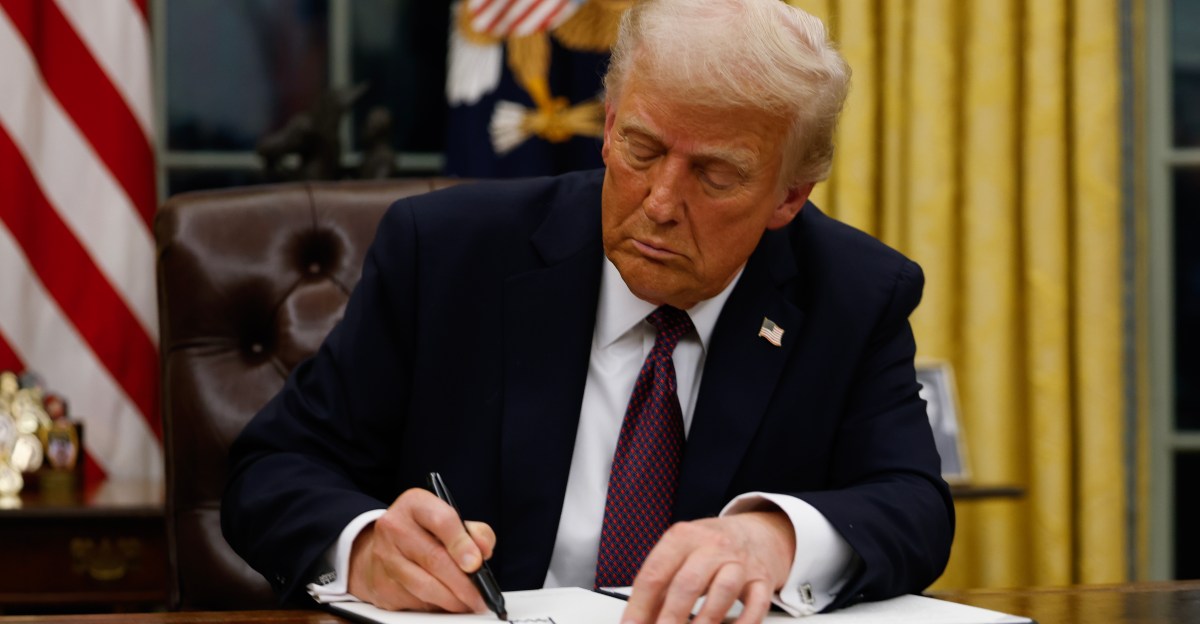Key Points
- President Trump is drafting an executive order to give the federal government authority over AI regulation.
- The order creates an AI Litigation Task Force under the attorney general to sue states with obstructive AI laws.
- California and Colorado AI statutes are cited as examples the task force could target.
- A 90‑day roadmap directs the Department of Commerce, FTC, and FCC to act on state compliance and funding eligibility.
- The order is linked to efforts to attach an AI moratorium to the National Defense Authorization Act.
- Trump frames the move as a battle against “woke” state AI regulations.
- BEAD broadband funding may be used as leverage against states that resist federal AI policy.

Proposed Executive Order
President Donald Trump is considering signing an executive order as soon as Friday that would give the federal government unilateral power over regulating artificial intelligence. According to a draft obtained by The Verge, the order would create an “AI Litigation Task Force” overseen by the attorney general, whose sole responsibility shall be to challenge state AI laws.
AI Litigation Task Force
The task force would be able to sue states whose laws are deemed to obstruct the growth of the AI industry. The draft cites California’s recent AI safety and “catastrophic risk” laws and a Colorado law that prevents “algorithmic discrimination” as examples of statutes the task force could target. The group would occasionally consult with a cadre of White House special advisers, including venture capitalist David Sacks, who is listed as the special adviser for AI and crypto.
Agency Involvement
The order directs several federal agencies to act within a 90‑day roadmap. The Department of Commerce will be required to publish a report identifying states in violation of the new AI policy directives and to research which states may become ineligible for the Broadband Equity Access and Deployment (BEAD) program. The Federal Trade Commission will issue a statement on whether state requirements that force AI companies to modify their algorithms would violate laws prohibiting unfair and deceptive practices. The Federal Communications Commission is also mentioned as a possible regulator that could override state laws that impede “modern infrastructure.”
Potential Legislative Strategies
The executive order is described as a backup plan should Congress fail to pass a state AI law moratorium through the National Defense Authorization Act (NDAA). Earlier attempts to embed a moratorium in a major spending bill were blocked after bipartisan opposition, and lawmakers are reportedly considering a second attempt by attaching the moratorium to the NDAA. Some observers note that withholding BEAD funding could pressure states like California to adjust their AI regulations.
Political Context
Trump has repeatedly voiced a desire for a state AI law moratorium, framing it as a fight against “woke” ideology. He has argued that a patchwork of state regulations creates a “disaster” for the industry. The proposed order aligns with Trump’s broader AI Action Plan, which directed agencies such as the FCC to explore ways to circumvent “onerous” state and local regulations in order to promote industry growth and innovation.
Source: theverge.com
